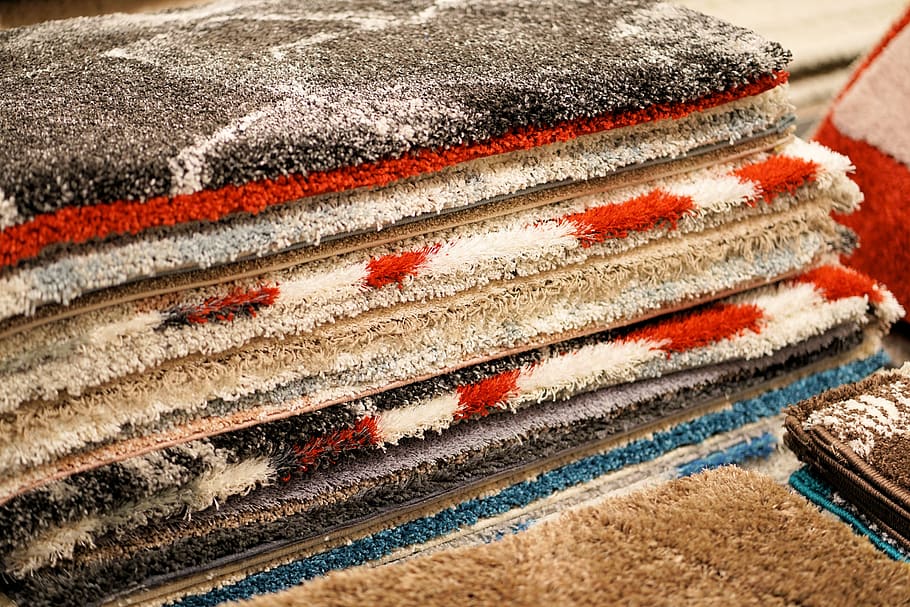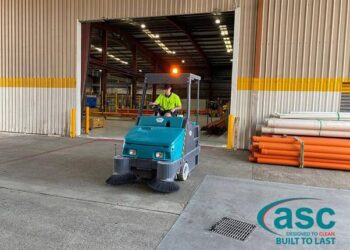In our constantly changing and always on the moving environment, the question of what are the best carpets for allergies is a common one. With the carpet industry booming, carpet type manufacturers are always looking for ways to create a better, more allergy-friendly product. Carpets, like many other things, are made from man-made materials. Which ones are the best for allergies? The answer will vary from person to person, depending on their individual needs and the type of carpet they own. What are some of the most common types of man-made carpets used in homes?
Synthetic fibers:
Synthetics are man-made carpets that are made from polypropylene or other man-made fibers. These fibers are man-made but they are also man-made chemicals, which means they can cause allergic reactions. These are the most common kinds of carpets that cause allergies. They can be found in almost any type of floor covering; such as in-office floors, in wall-to-wall carpeting, in synthetic furniture, in many home-furnishings made of vinyl, and in synthetic floors. These carpets are made with either one or more layers of materials, and some manufacturers layer the carpet with other materials to further increase the strength and durability. However, synthetics are still the most commonly found carpets, and they are used in homes and businesses around the world. Get Affordable Carpets Dubai | Home & Commercial Carpet in Abu Dhabi, UAE
Natural fibers:
Natural fibers come from wool, silk, and cotton. All three of these natural sources contain natural proteins that can cause allergic reactions, but they are still considered to be safe. Natural carpets contain no chemical or synthetically manufactured compounds which can cause allergic reactions, and they are often softer than artificial carpets. Natural carpets, however, are typically harder to care for and they require more regular maintenance than other types of carpets.
Synthetic carpets:
These can be less comfortable and easier to clean, but they are not as durable as natural fibers. Though they may feel softer, synthetic carpets are often less durable than natural fibers. Though it is not likely that this will be an issue for most people, those with problems with allergies or asthma may be at a heightened risk for developing allergies or Asthma if they are accustomed to having a particular type of carpet on their floor. For those who are concerned about having dust or mold-free environment, they may want to choose synthetic carpets. Choosing the right carpet which is the best for allergies is important for those whose lives are greatly affected by their health.
Hardness:
Certain materials are hardier than others, which is why some rugs and area rugs are better for allergy sufferers than others. This is not only true for those who have allergies, but also for people who just prefer a different type of carpet or area rug. Choosing a carpet that is harder, or that is of higher quality, can mean choosing a product that will last longer and be a better choice for those who suffer from allergies. Again, the decision is a matter of personal preference, but the decision will impact the life of the carpet and the health of the user.
Density:
Another consideration that may influence which carpets are best for allergies is the density of the carpet. The denseness of a carpet can be directly affected by the materials used to manufacture the product. Some materials cause more resistance to allergies than others. And some materials are naturally more resistant to allergies than others. Be sure to do your research and select a carpet that is best for allergies if you suspect that the product you are considering is one that causes allergies in any way.
Material:
One of the final considerations in which carpets are best for allergies is the material from which they are made. Some carpets are made of natural, renewable materials, and these carpets are recommended by those with allergies. Other carpets are made from man-made materials, which contain some chemicals that may cause allergies in sensitive individuals. The carpet you choose should reflect your own personal preferences and should help reduce your allergy symptoms. Natural fibers are more hypoallergenic than man-made fibers, but both types of fibers may be equally beneficial.
Final Verdict
Carpets aren’t all bad for allergy sufferers. In fact, as a matter of fact, they can be quite beneficial for those suffering from allergies. If you suffer from allergies and you’re looking for ways to keep your home free of dust and allergens, then purchasing and installing new carpets that are better for allergies may be the best option for you. Remember to do your research and select a carpet that is best for allergies in your particular area. With a little bit of research and a lot of common sense, you’ll be able to make the right selection!







